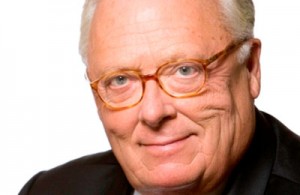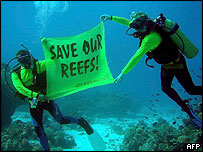The president of The Heartland Institute replies to Fred Krupp’s Wall Street Journal essay.
Dear Fred,
I read your August 7 opinion piece in The Wall Street Journal, “A New Climate-Change Consensus,” with great interest. As you know, The Heartland Institute is a leading voice in the international debate over climate change. The Economist recently called us “the world’s most prominent think-think promoting skepticism about man-made climate change.”
First, I welcome you to the effort to bring skeptics and alarmists together. We need your help. We have been trying to do this for many years.
For example, we ran more than $1 million in ads calling on Al Gore to debate his critics. He repeatedly refused. We hosted seven international conferences on climate change and invited alarmists to speak at every one, the most recent one held in Chicago on May 23-24. Only one ever showed up, and he was treated respectfully.
Regrettably, your colleagues in the liberal environmental movement responded at first by pretending we don’t exist, and when opinion polls and political decisions revealed that strategy wasn’t working, by denouncing us as “deniers” and “shills for the fossil fuel industry.”
Continue reading “Why We Need Debate, Not Consensus, on Climate Change”


